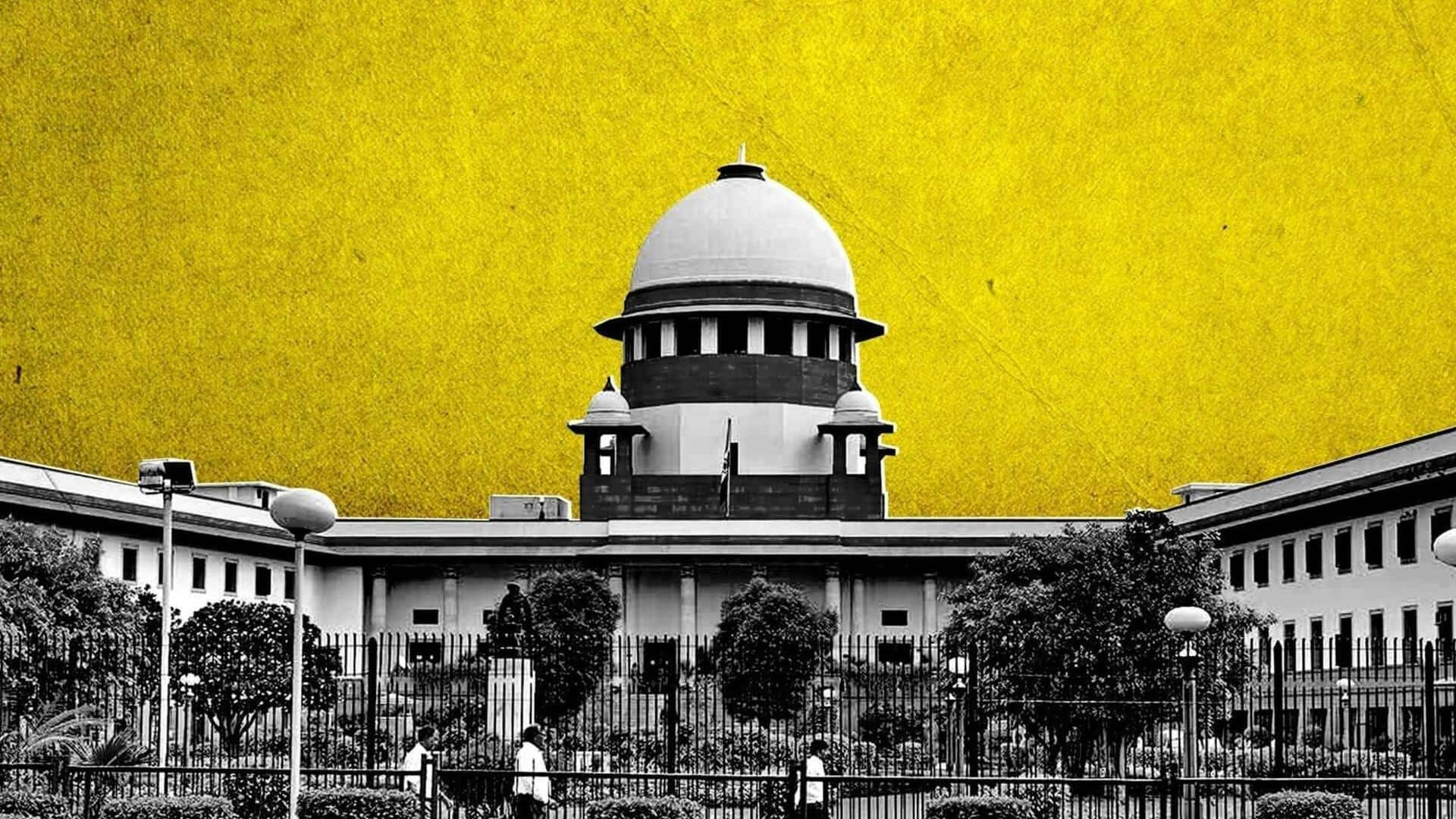
SC upholds key IBC provisions on RP role and moratorium
What's the story
The Supreme Court, on Thursday, upheld provisions of the Insolvency and Bankruptcy Code (IBC) 2016, relating to the appointment of a resolution professional (RP), the adjudicatory process, and the interim moratorium. The ruling came in response to over 200 petitions that contested these provisions, claiming they violated principles of natural justice. The SC bench, headed by Chief Justice of India (CJI) DY Chandrachud, determined that the provisions were consistent with the IBC's legislative intent.
Context
Why does this story matter?
Passed by Parliament in 2016, the IBC tackles the issue of non-performing loans of banks and delays in debt resolution. The law applies to companies, individuals, and partnerships and provides a 180-day period to complete the entire insolvency exercise. When a default in repayment occurs, creditors gain control of the debtor's assets and must make decisions to resolve insolvency. The debtor and creditor can initiate "recovery" proceedings against each other under the IBC.
Details
Petitioners challenge RP's powers and lack of adjudicatory process
The petitions mainly disputed the law that permits lenders to start insolvency proceedings against personal guarantors and promoters without allowing them to present their case. The petitioners argued that the IBC provisions gave unfettered authority to the RP, leaving personal guarantors without recourse and at the mercy of the RP. Several industrialists and promoters, such as Anil Ambani and Sanjay Singal, were among the petitioners in this case.
What Next?
SC rejects challenge, upholds IBC provisions
Dismissing the challenges, the apex court concluded that the IBC provisions do not exhibit blatant arbitrariness or infringe on Article 14 (equality and equal protection of law) of the Constitution. The bench also declared it would be "impermissible" for the court to entertain an argument about an element of adjudication during the appointment of an RP by the adjudicating authority. The court maintained that true adjudication only commences at Section 100 (admission or rejection of application) of the IBC.
Insights
RP's role as facilitator, not adjudicator
The court explained that an RP's function is to facilitate, collect pertinent information, and recommend approval or denial of an application. It stressed that the RP is not meant to carry out an adjudicatory role or make binding decisions on facts. Additionally, the court confirmed the provision under Section 96 of the IBC regarding an interim moratorium. The SC stated that the provision safeguards corporate debtors.
Quote
'Ultimate report of RP is only recommendatory': CJI
During the hearing, the CJI said, "Though the ultimate report of RP is only recommendatory, the legislature has ensured that the recommendation is made after taking into account the information and explanation by the debtor."